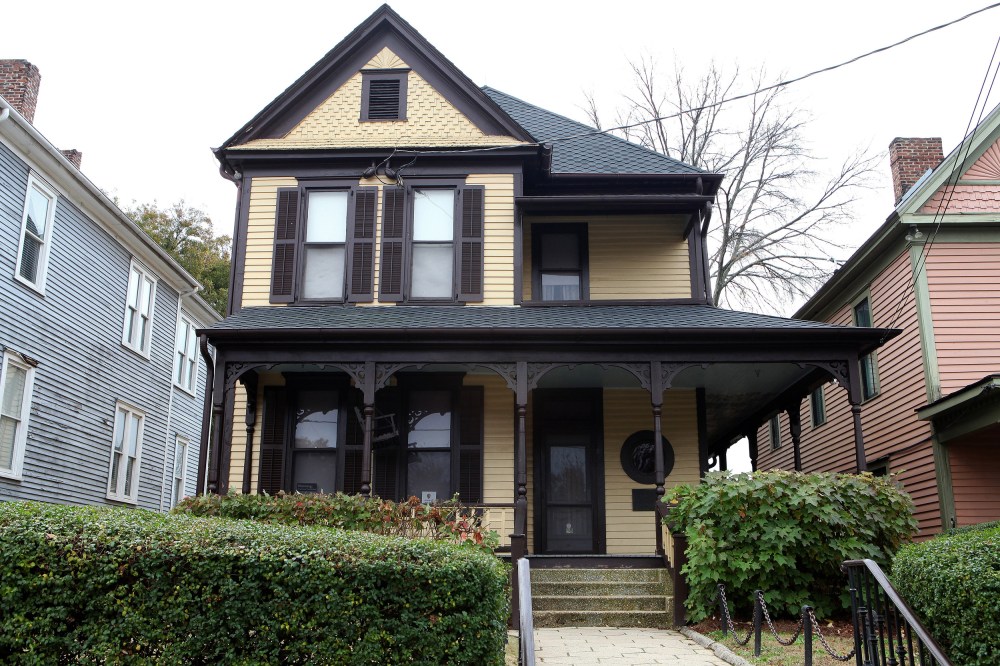We almost lost a piece of our history on Thursday. In Atlanta’s Sweet Auburn historic district, a woman was seen dousing the home where Martin Luther King Jr. was born with gasoline. Quick action by two passing tourists and the intervention of two retired New York police officers prevented what could have been the total loss of the birthplace of America’s premier civil rights champion.
“If the witnesses hadn’t been there and interrupted what she was doing, I mean, it could have been a matter of seconds before the house was engulfed in flames,” Atlanta Fire Battalion Chief Jerry DeBerry said. I see the story of Americans leaping to the defense of an American treasure as an allegory about who we still are, and our capacity to collectively spring into action when what we hold dear is threatened.
According to authorities, 26-year-old Laneisha Shantrice Henderson, described by her family as a veteran with PTSD, was seen pouring gasoline on the porch and outside wall of the King home when two tourists from Utah saw her, began recording and asking her what she was doing.
Zach Kempf, a 43-year-old filmmaker from Salt Lake City, said that after he saw the woman empty a 5-gallon container of gas on the home and grab a lighter, he blocked her with his body to stop her from setting the home ablaze and called 911. He said the would-be arsonist began quickly walking away, but he called out to two men down the street for help. Brothers Kenneth and Axel Dodson, both retired NYPD officers who were in town to visit family, jumped into their car and caught up with Henderson, holding her until local authorities arrived. Police booked Henderson on charges of second-degree attempted arson and interference with government property.

The King home, which is free to tour, is a National Historic Park, run by the National Park Service. (That’s why Henderson might also face federal charges.) The federal status of the historic home also means it belongs to America. It’s a piece of who we are as a nation. Far beyond the lumber and nails that hold it together, the home has a greater, more symbolic value. As does the story of how the home was spared a violent demise.
There’s a lesson for us when four people as diverse as two tourists from Utah and two ex-cops from New York instinctively work together to do the right thing and prevent the loss of a national treasure. It didn’t matter that none of those witnesses lived in Atlanta. It mattered only that they were Americans and that they saw something dear to Americans under threat. The two from Utah didn’t stop to ask the other two strangers which political party they might affiliate with. Because that didn’t matter. They saw a threat to something greater than themselves, and, together, they addressed it.













